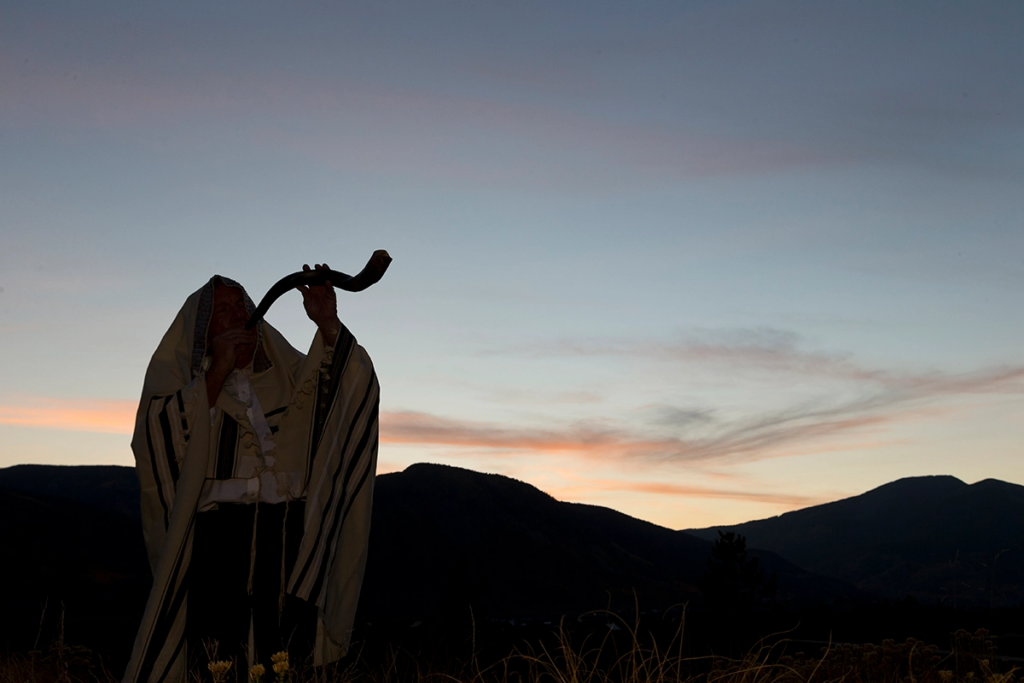Thoughts on Helene and Our High Holiday Season
Generations of scholars and philosophers have tried to understand the Akeda, the Torah portion describing the binding of Issac, which we read on Rosh Hashanah. Perhaps the reason why they have found it so intriguing is that no one really knows the entirety of the story, just what the author tells us, which is a journalistic account of the events. We are not privy to the thoughts of the participants or to the side details, but we don’t really need to know such information to draw important conclusions.
Although there are a multitude of interpretations available, the Danish philosopher Soren Kierkegaard gave in my view one of the most practical. After considering the paradoxes of the story, he concluded that, in effect, we simply cannot understand the Almighty. Instead, we must have faith that there is a purpose behind The One’s every action and requests from us, even if it means making the ultimate sacrifice. The Book of Job, read on Yom Kippur, takes on the dilemma of why horrific things happen to good people. In the end, the Almighty appears to Job to tell him, in effect, don’t question Me; just know that there is a reason for your affliction.
The recent devastating Hurricane Helene that has brought so much suffering to our area highlights the importance of these stories. It is understandable that those who have dealt with and are still dealing with the death, injury, property damage, and overall catastrophic effects on their lives may not have the luxury of viewing their plight philosophically. Besides, the secularists would argue that searching for meaning in something meaningless is a fool’s errand, that the destruction was from natural forces, and there is no deeper purpose to it. That is certainly one perspective.
But those who view life through the lens of faith see this differently. Our country and local communities have come together in a way that seemed impossible before. People with next-to-nothing are aiding those with nothing, and everyone seems to want to help. For the first time in a long while, the lines that have increasingly divided us have blurred if not completely faded. We are not defined by labels such as Democrats or Republicans, straight or gay, black or white, liberal or conservative, Jewish, Christian, Muslim, etc. Instead, we see brothers and sisters helping brothers and sisters in the spirit that the watch-word of our faith, the Shema, proclaims—there is one humanity just as there is one G-d. We are all children of the same Creator, and this disaster, like so many before this one, demonstrates that the mysterious tie that bind us together is stronger than anything that separates us.
According to our tradition, this is the time of the year when the world came to be. This disaster has taken us back to that moment when humankind was one, and now it is up to us to keep that notion alive by lending a hand and extending our love and compassion to those who will need them for a very long time. We cannot ever really know if this was the purpose behind this tragic and terrible event, but we can choose to walk in a world of darkness and happenstance, or we can go forth instead on a path lit byfaith.
In other words, we can follow in the footsteps of Abraham and Job. They believed in the goodness of the Almighty, and that everything that the One did to them and for them had a purpose. In turn, that trust helped them through their days of pain and sacrifice.
We would be wise to do the same.
—Stephen Gordin

